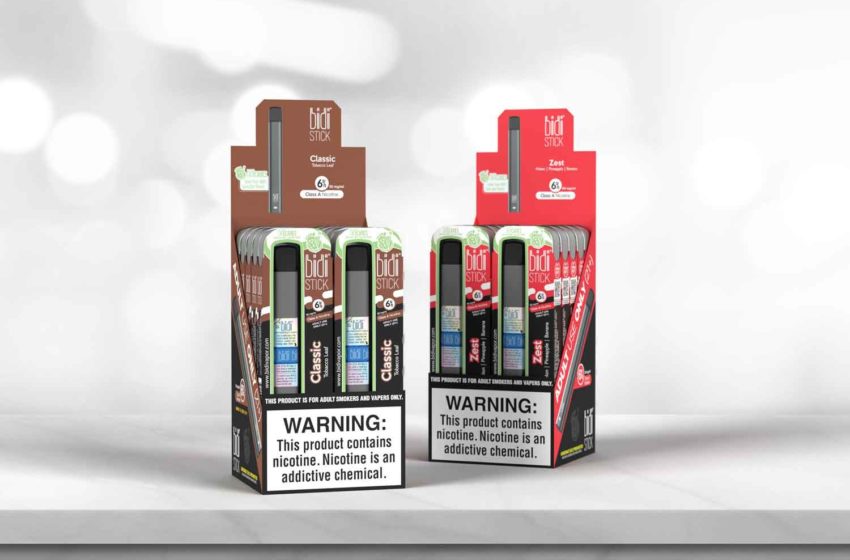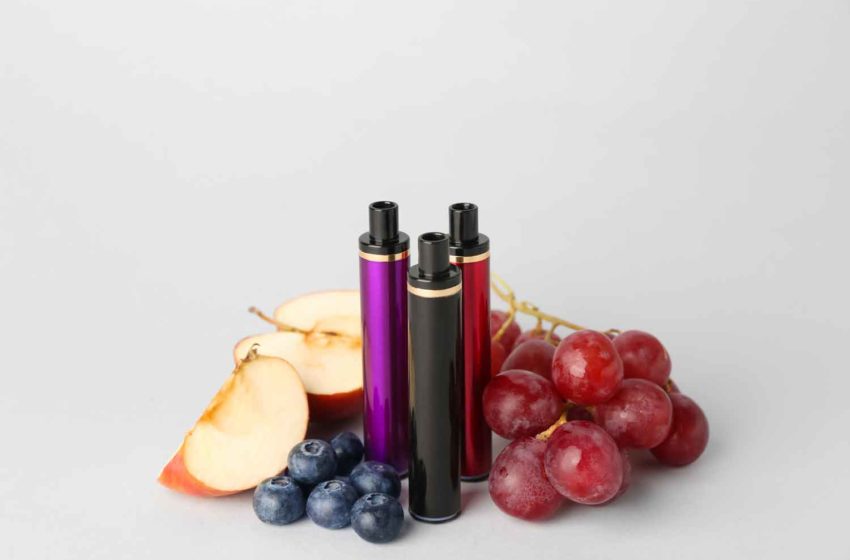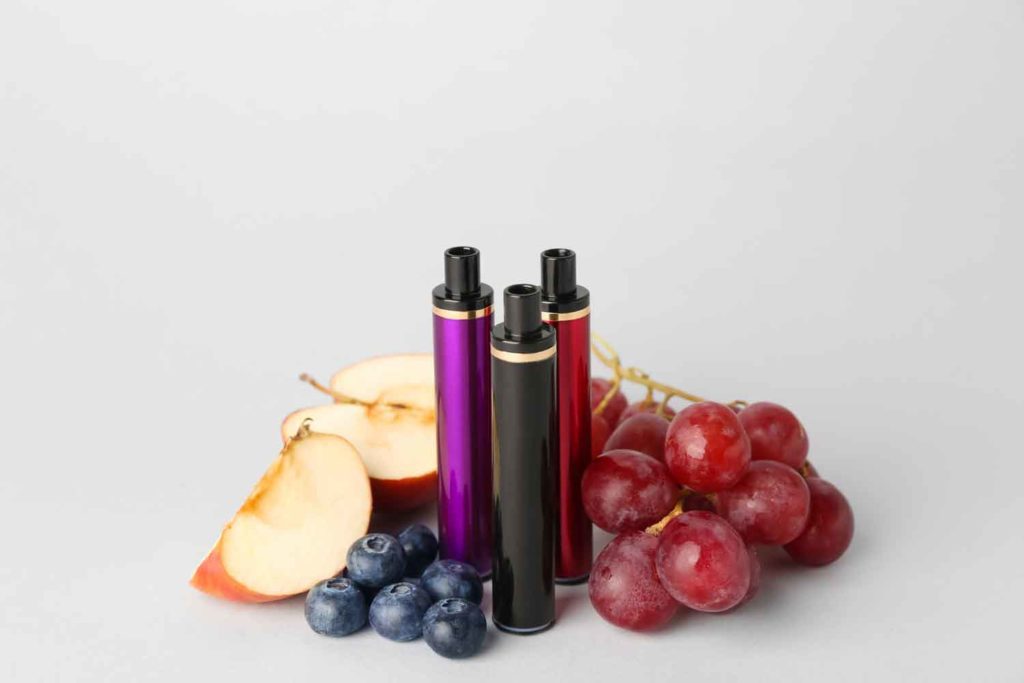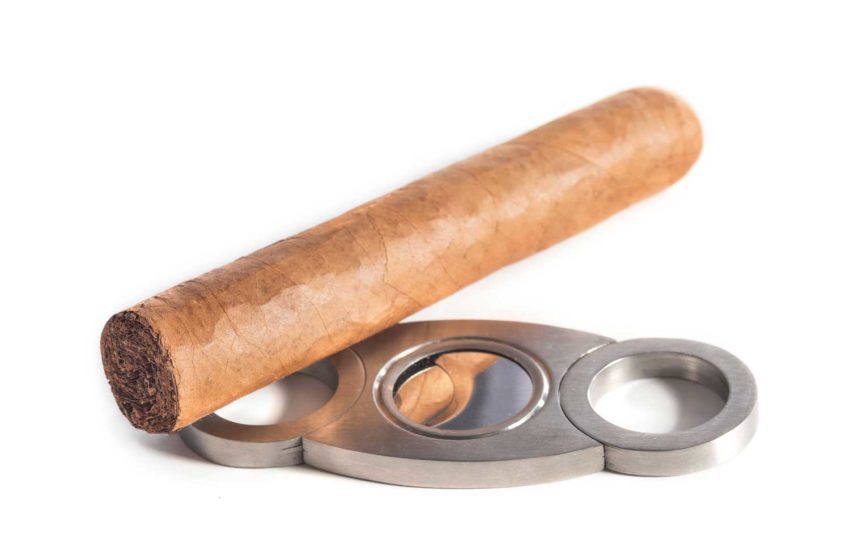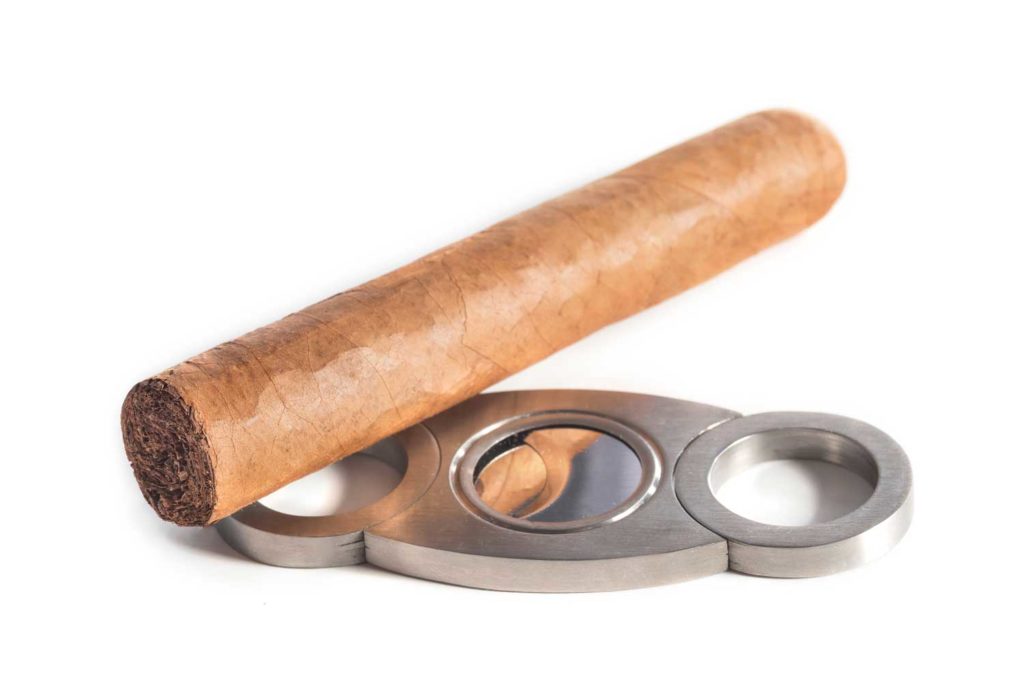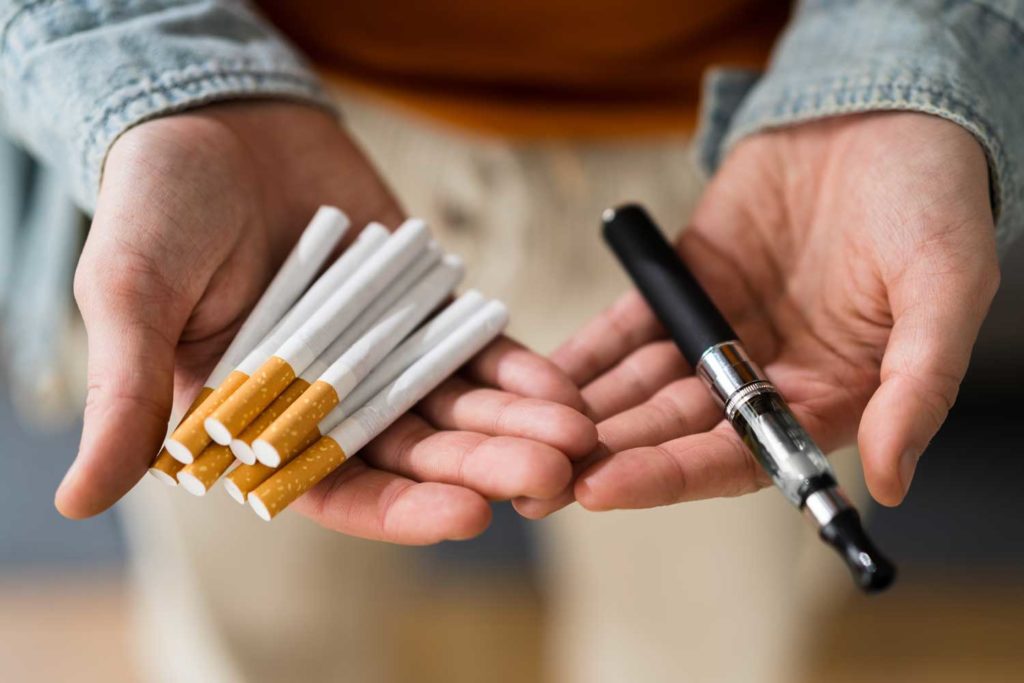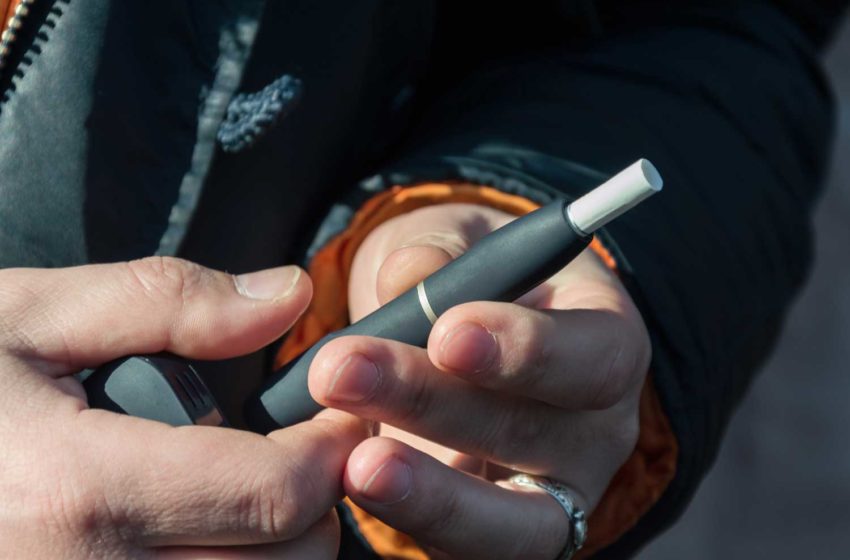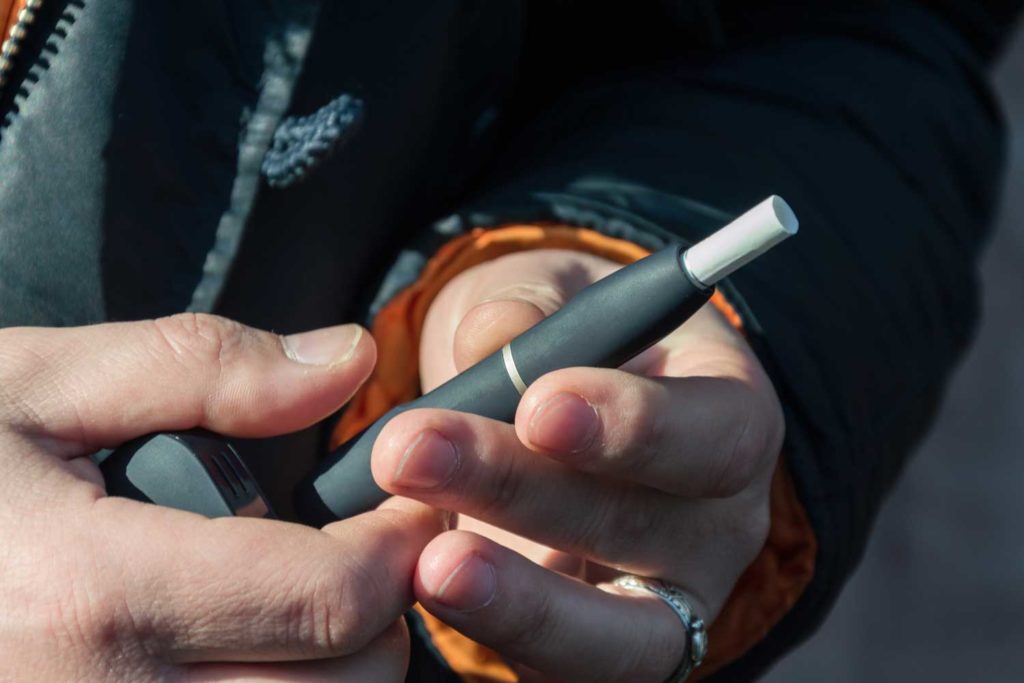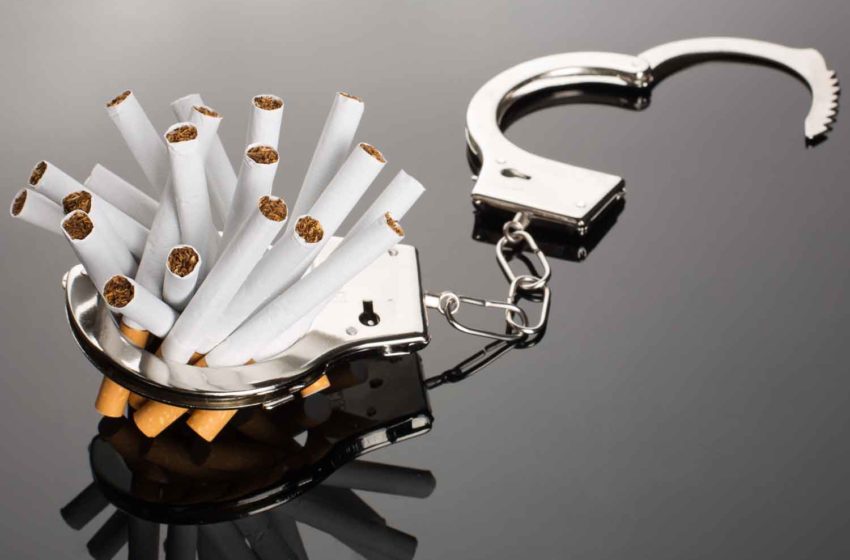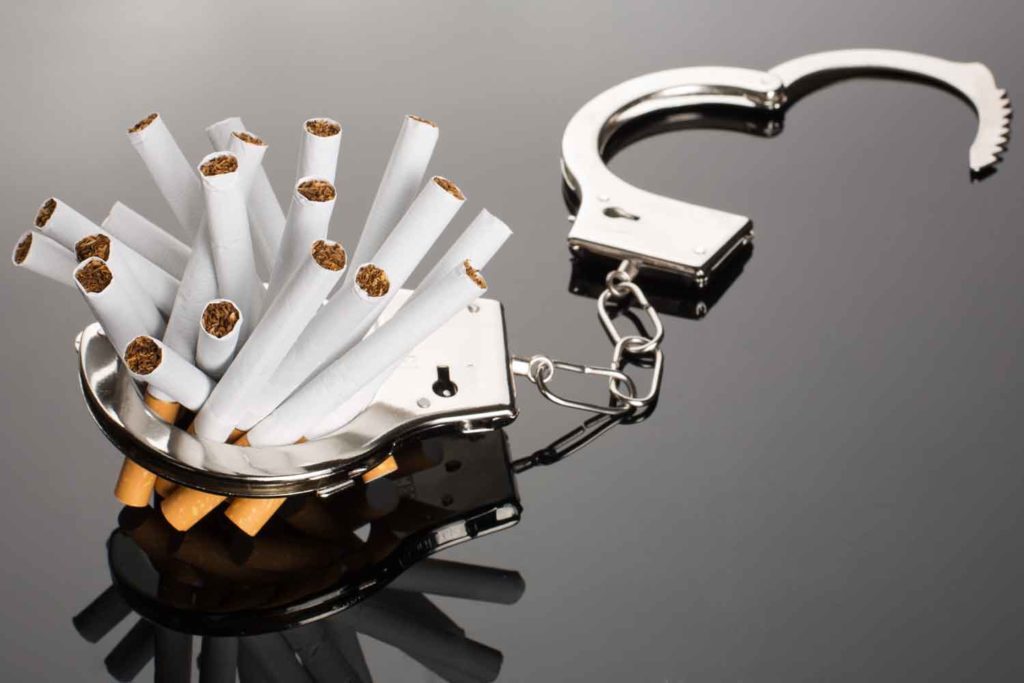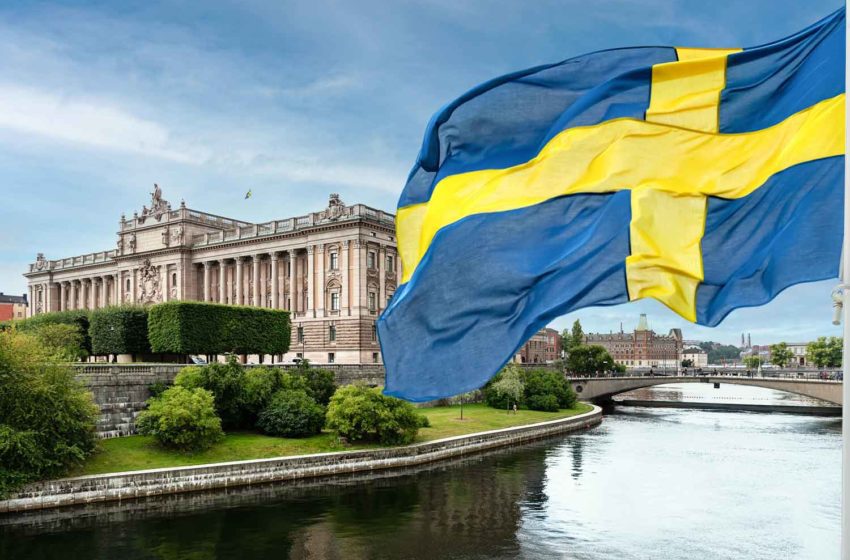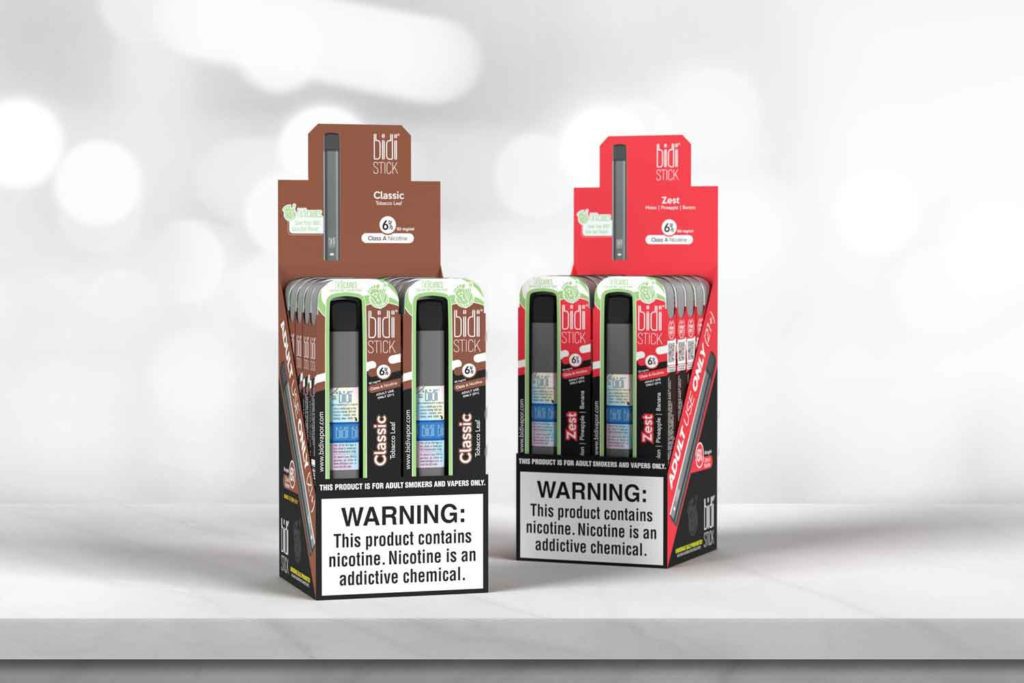
Kaival Brands, the U.S. distributor of products manufactured by Bidi Vapor, expects sales of its Bidi Stick vapor product to benefit from a recent court decision instructing the U.S. Food and Drug Administration to take another look at the company’s premarket tobacco product applications (PMTAs).
On Aug. 23, the U.S. Court of Appeals for the 11th Circuit granted petitions for review filed by Bidi Vapor, Diamond Vapor and four other companies challenging the FDA’s rejection of their e-cigarette applications. According to Chief Judge William Pryor, the agency didn’t properly assess the companies’ marketing and sales-access-restriction plans designed to minimize youth exposure and access.
This ruling effectively reverses the marketing denial orders and allows Bidi Vapor to continue to market all flavor varieties of the Bidi Stick in the United States. The company submitted PMTAs for all 11 flavor of its Bidi Stick prior to the Sept. 9, 2020, PMTA deadline.
“As the exclusive U.S. distributor of Bidi Vapor’s products, this [ruling] is a significant event for us and our downstream partners, as many awaited the decision before expanding distribution, and paves the way for potential revenue growth for our company,” said Eric Mosser, president and chief operating officer of Kaival Brands, in a statement.
“But more than that, we are glad the appellate court recognized the potential importance and direct effects that an adult-focused marketing plan and strict sales and access restrictions may have on addressing the youth access problem.”
At press time, the FDA had not announced how it would respond to the court ruling. The agency could appeal the ruling or put Bidi Vapor’s PMTAs for its nontobacco-flavored devices into scientific review.

